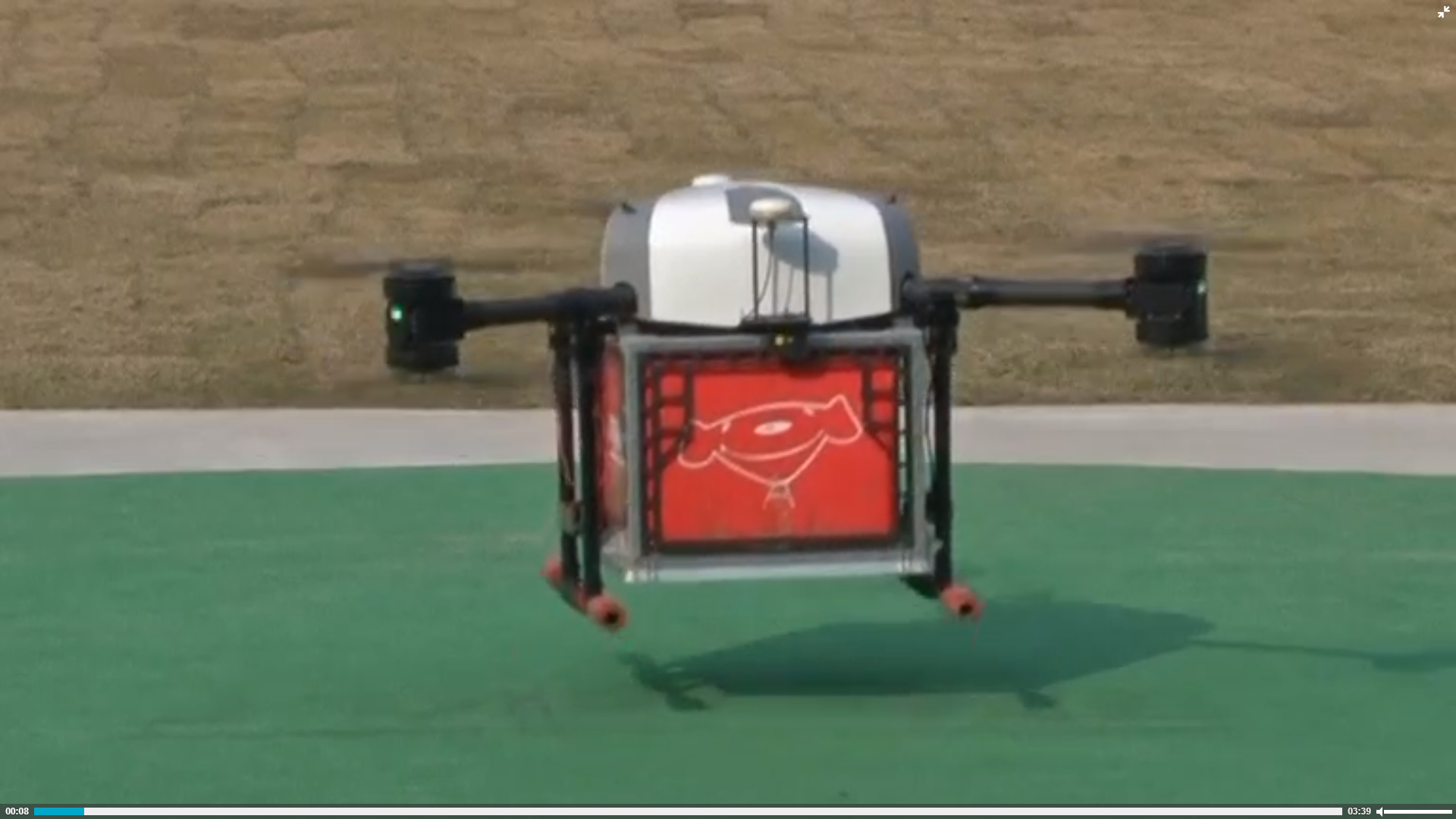
SHANGHAI / SUQIAN, Jiangsu Province, China (Reuters) — Bright red, grey and black, they are the robot postmen of the future, and are controlled from a command center 40 kilometers (25 miles) away by e-commerce giant JD.com.
Online retailers Alibaba, JD.com and S.F. Express have been investing in drone programs they hope will one day perform so-called last-mile deliveries, especially in hard to reach rural areas.
Others, like delivery firm BEST Inc, have begun testing robots and automated sorting lines ahead of China’s Singles Day on Saturday (November 11) – an annual online discount shopping extravaganza which could see 1.5 billion packages shipped around the country.
The robots are among technologies revolutionizing China’s vast delivery industry, which is struggling to keep pace with 50 percent annual growth in parcel volumes amid staff shortages, tight competition and declining margins.
Beijing has encouraged the fragmented logistics industry to modernize and become more efficient. The “Made in China 2025” initiative to upgrade the country’s manufacturing base has also spurred growth in robots.
But the government maintains tight control of its airspace, holding back the widespread introduction of drones, which many firms see as a potential last-mile delivery solution. Few firms have been granted drone licenses by the aviation regulator.
Still, industry executives confidently predict more parts of the supply chain will see machines replace human labour.








